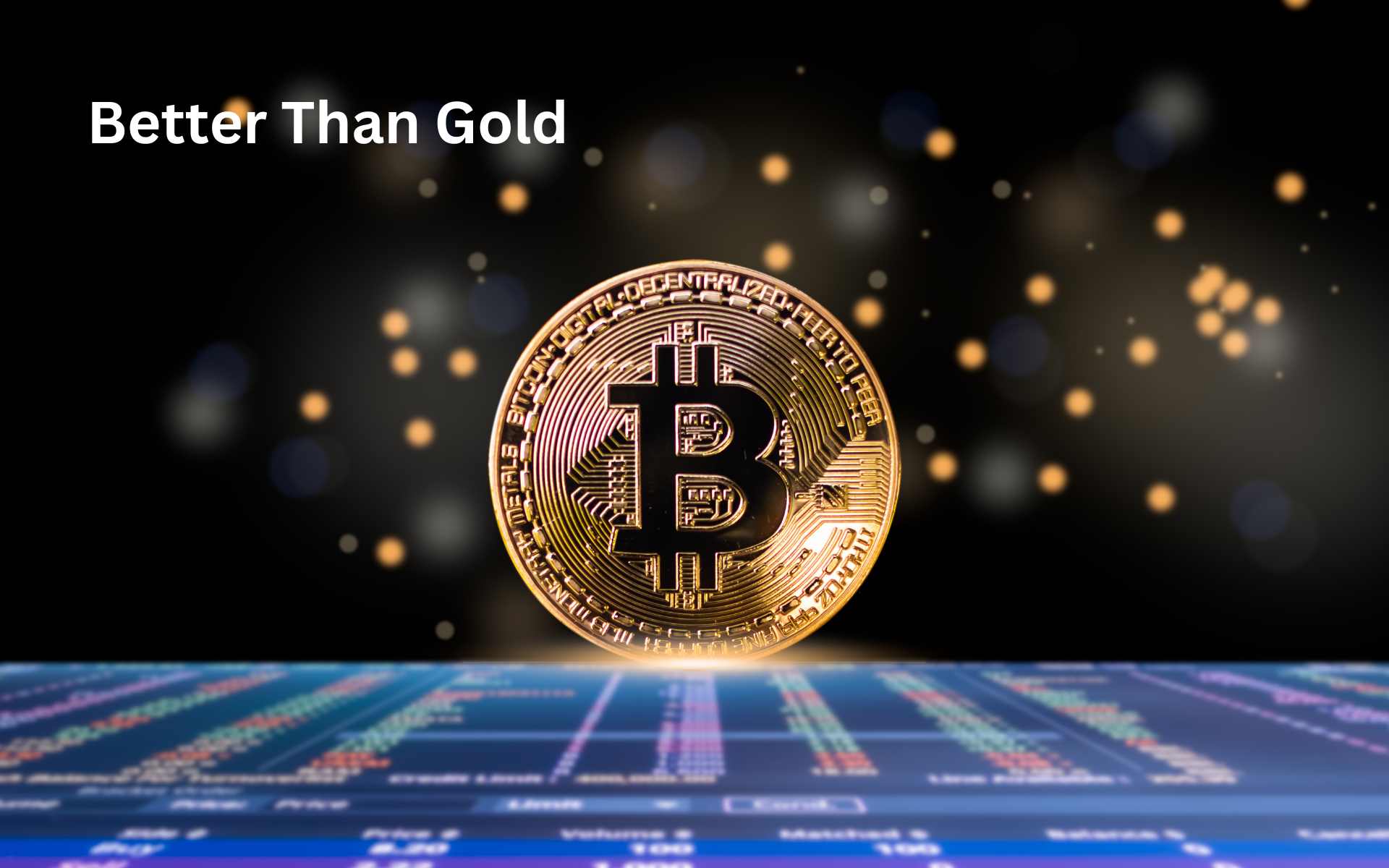Coinbase, the San Francisco-based cryptocurrency exchange and one of the world’s oldest, plans to merge the USD and USDC order books to enhance liquidity on July 13.
The USDC and USD Order Book Unification
According to an update on June 30, the decision to bring together the USD and USDC order books, will be a net positive for all traders.
On July 13, Coinbase Exchange will be unifying USD and USDC order books. As part of the unification process, USDC order books will be merged under USD order books to create a better, more seamless trading experience with deeper liquidity for USD and USDC.
This merger will affect Coinbase Exchange, Coinbase Prime, Coinbase Pro, and Advanced Trade users. However, the unification won’t affect Coinbase.com and its mobile application.
Coinbase Exchange users will be able to deposit USD or USDC and their account will be automatically credited on a 1:1 basis with USD. The unified USD balance can be used to trade on USD order books or withdrawn to either USD or USDC.
— Coinbase Exchange (@CoinbaseExch) June 29, 2022
Users who deposit USD or USDC on any of the above platforms will be automatically credited on a 1:1 basis with USD. Afterward, they can proceed to trade on USD order books with an option of either withdrawing on USD or USDC, depending on their preference. For Coinbase Pro traders, users are free to hold USDC but can, at any time, convert them to USD without fees giving them instant access to USD order books. The exchange is now notifying users that all USDC orders will be automatically canceled on July 13, and traders are required to reopen on the USD markets.
Coinbase is Safe even in the Crypto Winter
The move has, nonetheless, been welcomed with skepticism across the board. Talks of FDIC insurance and how traders will be protected in case of bankruptcy have begun to emerge following Coinbase’s announcement.
Brian Armstrong, the CEO, assured its clients that the exchange was at no risk of bankruptcy. Notably, their Prime and Custody clients, he said, have especially strong protections even in unexpected black swan events.
2/ We have no risk of bankruptcy, however we included a new risk factor based on an SEC requirement called SAB 121, which is a newly required disclosure for public companies that hold crypto assets for third parties. https://t.co/lwmgb1kFtA
— Brian Armstrong – barmstrong.eth (@brian_armstrong) May 11, 2022
Presently, the cryptocurrency markets are at the doldrums as prices tank, forcing trading volumes lower and traders away from exchanges.
Amid this development, Coinbase and other top-tier exchanges, including Gemini, have been tightening as revenue drops. However, Coinbase’s problems are compounded.
While crypto prices are falling and revenue thinning, their stock, COIN, is also one of the worst-performing, retracing over 80 percent from peaks.
Image Source
- Exhange BlockMagnates: Photo by Alexander Popov on Unsplash






